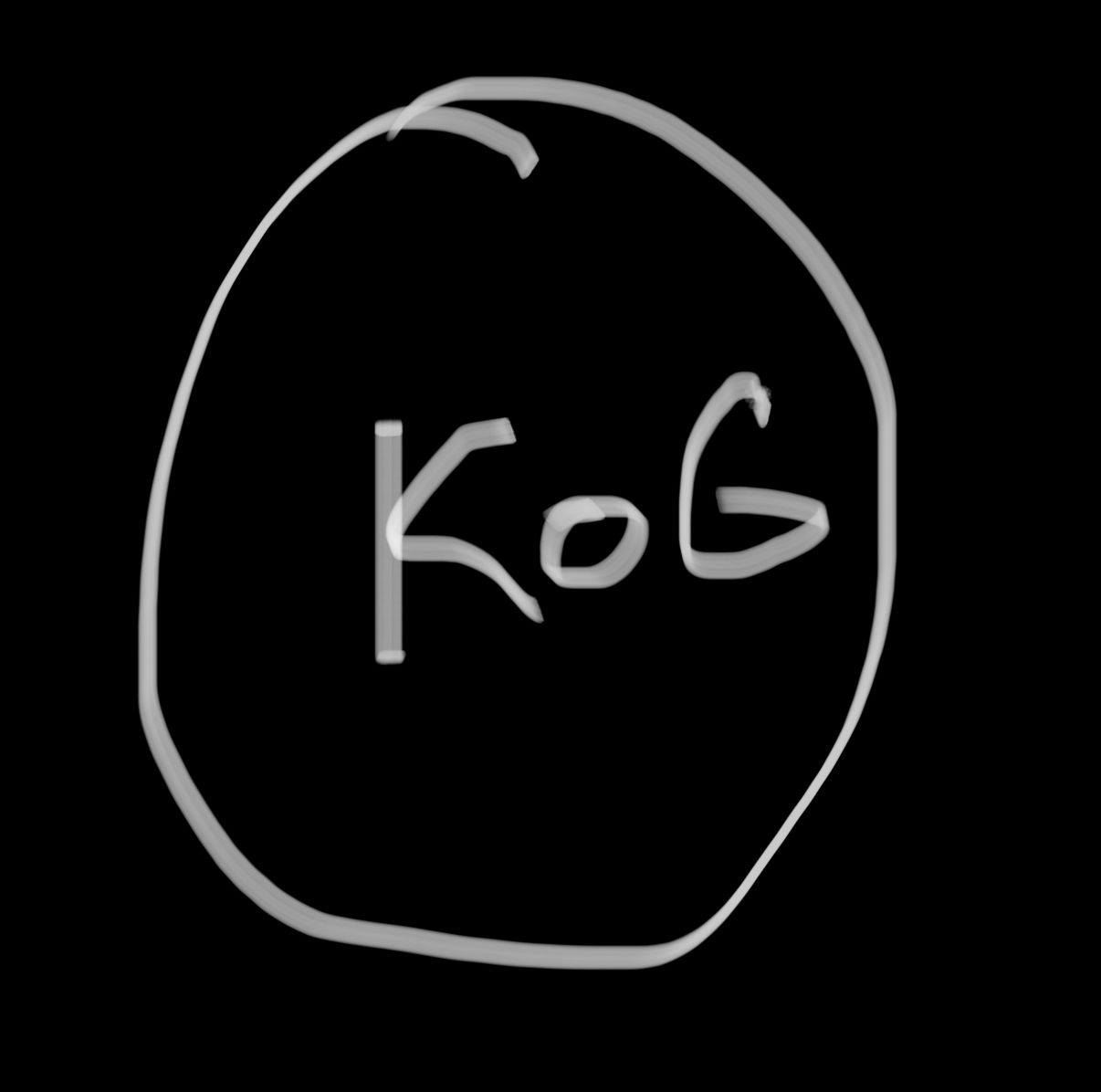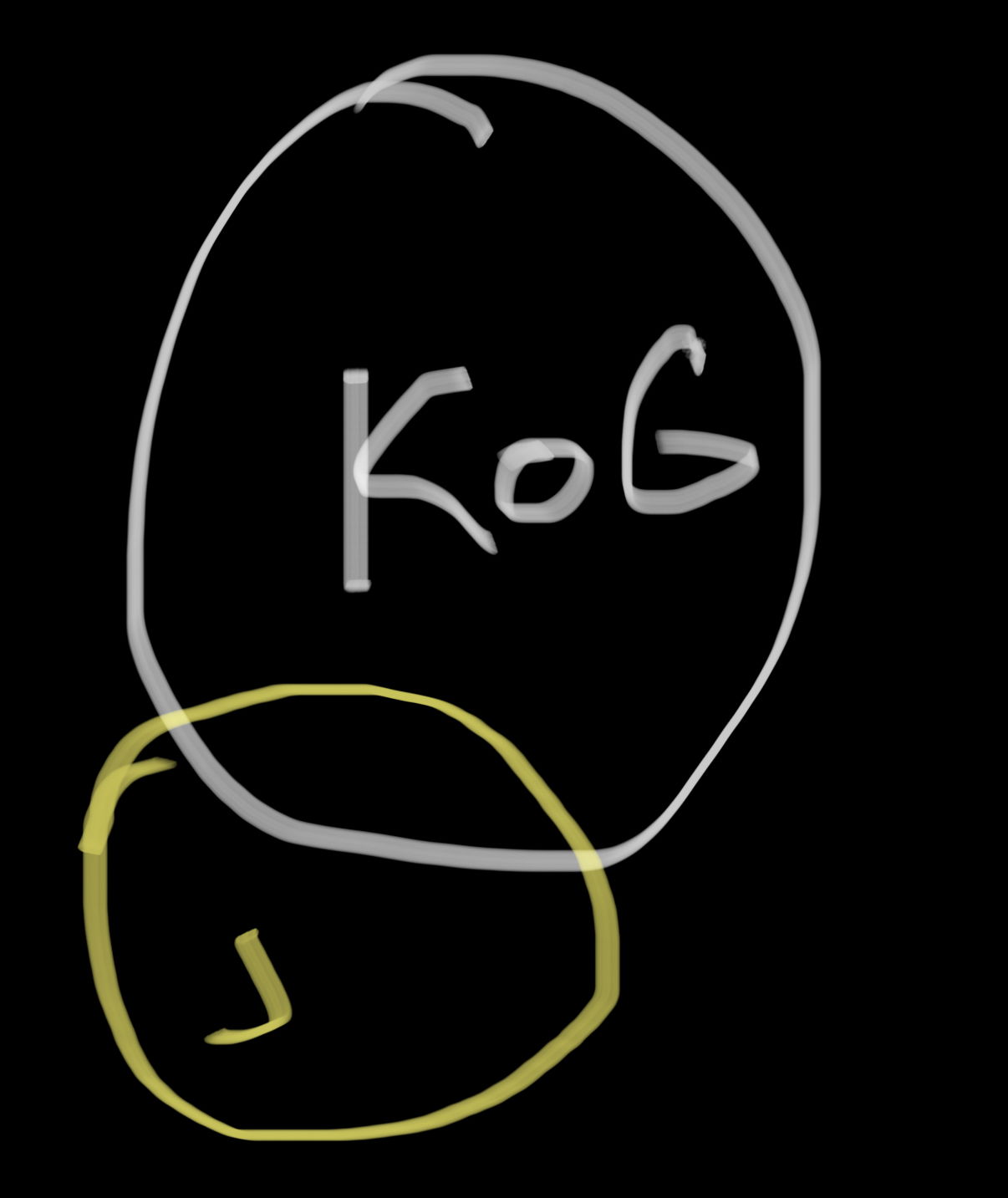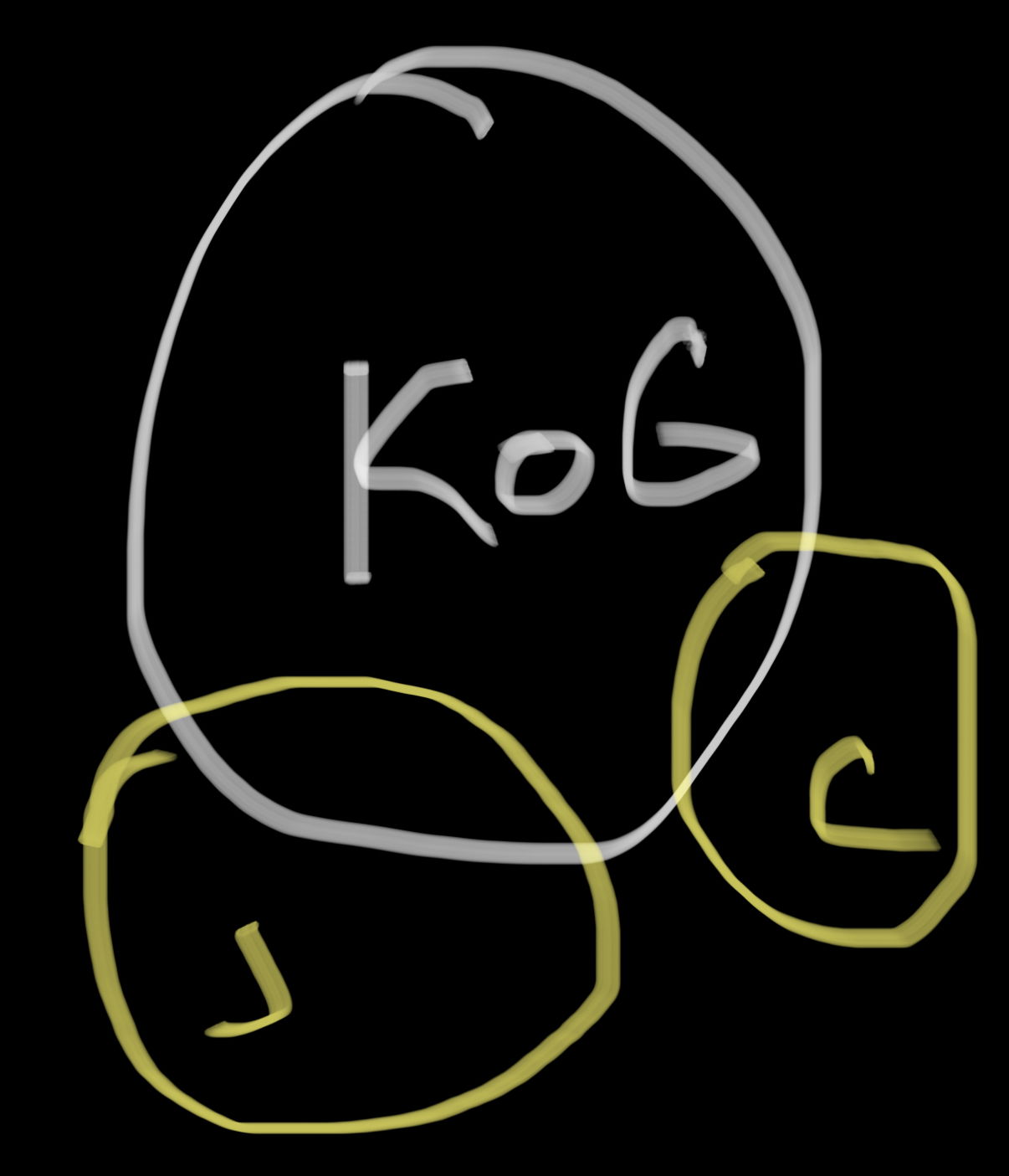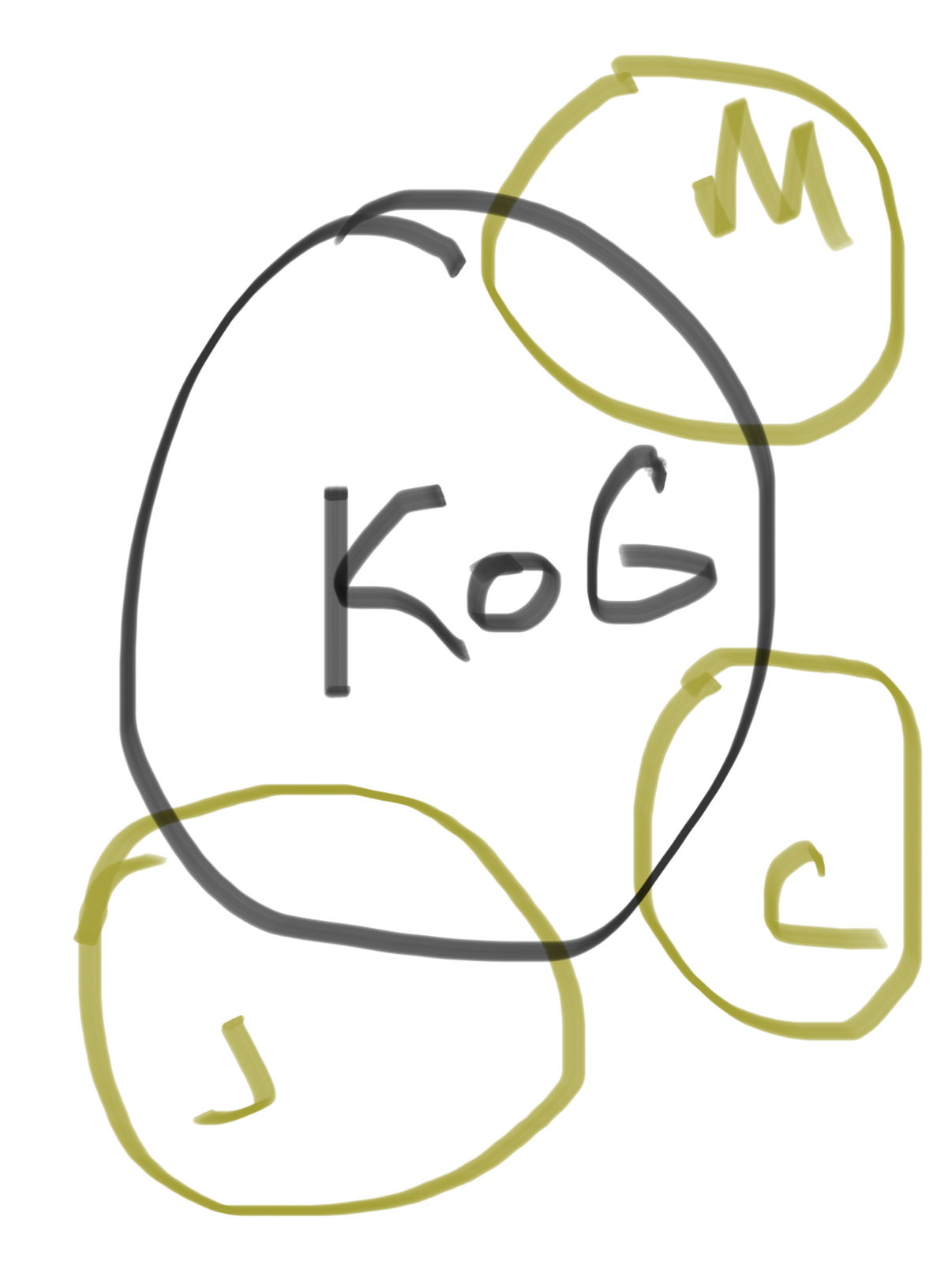cw: faith, missions, politics
Table of Contents
Open Table of Contents
Introduction
I’ve been thinking about this post I wrote several months ago about culture and religion. Anyone breathing should recognize that we are living in an unprecedented time. I say should because too many people are cheering on the madness and hate. What’s tragic to me is that many (most?) of those doing the cheering claim Christianity as a religion.
Again that’s tragic. So much of what’s going on is nowhere in the law of Love that Jesus espouses at best and much is downright antichrist at worst. There is no way of getting around that. Pastors are even getting attacked for teaching the words of Jesus. So back to that post I started with - I label discipleship as a primary issue. People aren’t being discipled into the way of Jesus. Rather than the way, they are being discipled into:
- White Supremacy
- America First
- American Dream (individually) & Manifest Destiny (corporately)
- Unfettered Capitalism
Put another way - all the extremes that the cult of MAGA has to offer.
It’s had me thinking about a tool that was fairly commonly talked about and used in mission circles, loved by some and hated by others called Kingdom Circles. A lot of those that hated it weren’t in mission circles and as I’ve thought about it more of late, I think I know why (at least partially): it convicts of the disconnect between Jesus and Christianity many of them are pushing. What it stands for and what its critics say, is in some way proved in this cultural moment where the visible Christian faith at large lacks evidence of any genuine discipleship into the way of Jesus.
What even is Kingdom Circles?
The root of the Kingdom Circles idea is that Jesus didn’t actual come to earth, word of God made flesh, to establish a religion but to establish the Kingdom of God marked by a new way of living carried by an ethic counter to that commonly seen in the world. If you read the New Testament you’ll notice Jesus never actually becomes a “christian” - He is Jewish, taught as an informal rabbi and was recognized as such by official structures of the time1. Back to Kingdom Circles - it starts here, with this recognition of the Kingdom of God2 Jesus promoted.

We’ll next add the circle Jesus found himself: Judaism. What Jesus was doing was new and different. Maybe not in everything but in enough that not all of His religious peers who were leaders agreed with Him. He had pretty stark disagreements with them sometimes. The way that He taught was different at points. So things looked like this:

The above picture attempts to capture the overlap. There is recognition of a Judaism circle and there is overlap with Jesus’ way because Jesus taught and had disciples within Judaism and was recognized as a rabbi to some degree but it’s not a complete overlap. There were many Jewish religious leaders promoting their historical way as they’d come to follow it.
History happens. Christianity develops as a formal religion and a similar circle can be added to the diagram:

It’s a similar circle, similar situation. Their is overlap in the Christian religion with what Jesus was aiming to do but it’s not complete overlap (even if it get’s treated as such). For the tool, the (maybe obvious) next question is ”What about other religions?” The tool proposes a similar response:

Any could have overlap with what Jesus was trying to. It’s meant to promote the idea that christian faith based mission work focused on apostasy was focusing on the wrong thing: the establishment of a religion steeped deeply in cultural traditions from foreign lands rather than letting the way of Jesus develop as it would within a particular local context3.
Kingdom Circles in the kingdom of america
Everyday I see more and more evidence that so much of American Christianity specifically (and western Christianity a bit more broadly) has lost the plot completely. Jesus no longer matters and is no longer informing their actions. All the things I mentioned above (white supremacy, America First, etc, etc) have replaced them and “Christian” circle has moved further and further away from Jesus. Personally I think this speaks directly to why so many Christians leaders don’t like this tool. They’ll claim it’s because pathways open to Jesus outside of the church with it. But it actually exposes their church as outside of Jesus even though it claims the Christian label. I know their Christians and church folk that are clearly in the overlap. I just think their numbers have dwindled. The diagram looks more like this with Christianity increasingly based in the kingdom of america:

Maybe there are a few holdouts here and there in churches that have moved into the kingdom of america that try and balance both. Maybe that’s possible (I no longer think it is). There is too much going on that is outright blasphemous to the way Jesus taught. The only hope is that the church would reclaim the what of discipleship. It’s not about any of that america junk. It’s not about whiteness. It’s not about capitalism. It’s about Jesus. His life, his way, his mission. It’s about following in the footsteps of a poor man who started a revolution of love, who was willing to die for those around him (rather than have those around him killed for his own comfort). That’s the only hope for a church I suspect is way to far gone to care.
Footnotes
-
Personally, as an aside, I think Jesus likely recognized the inherent danger of power that came with formal religion and wanted to instead model a different path. ↩
-
I use this language because 1) it’s the language of Jesus and 2) it’s the language of the tool. I’m not attempting to universalize an understanding of what the Kingdom of God is. Christian Nationalists will have their own view (which I adamantly disagree with and am comfortable saying as much since they claim to be in the Christian camp) and other religions will have their own views as well. The purpose of the present article is describing the tool and it’s relevance to the moment. ↩
-
The purpose of this post isn’t to argue the merit or lack thereof in this approach. I spell out it’s purpose here for clarity. ↩

Comments
Like or Reply to this post on Bluesky! Tap here to join the conversation.
No comments yet. Be the first to comment!